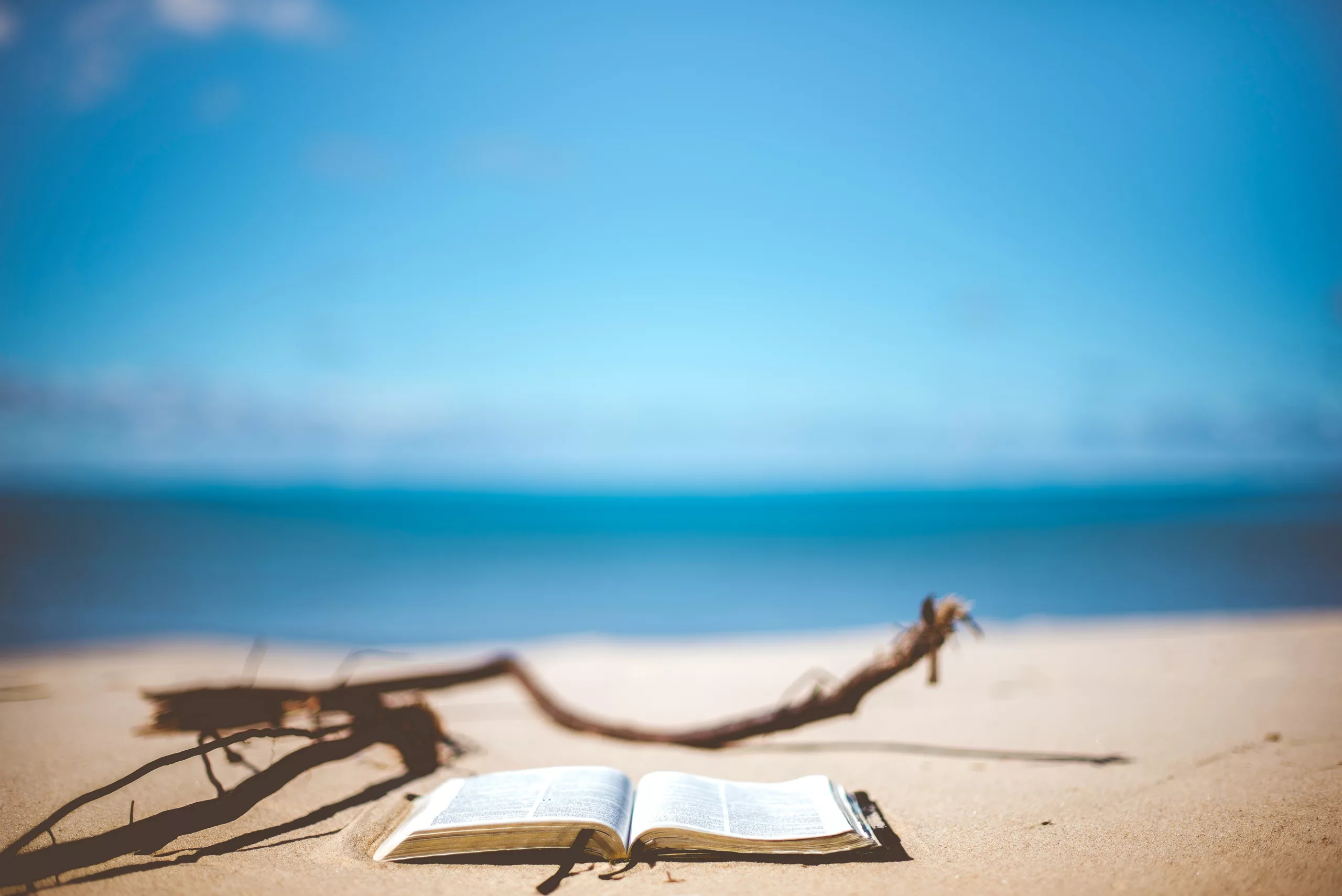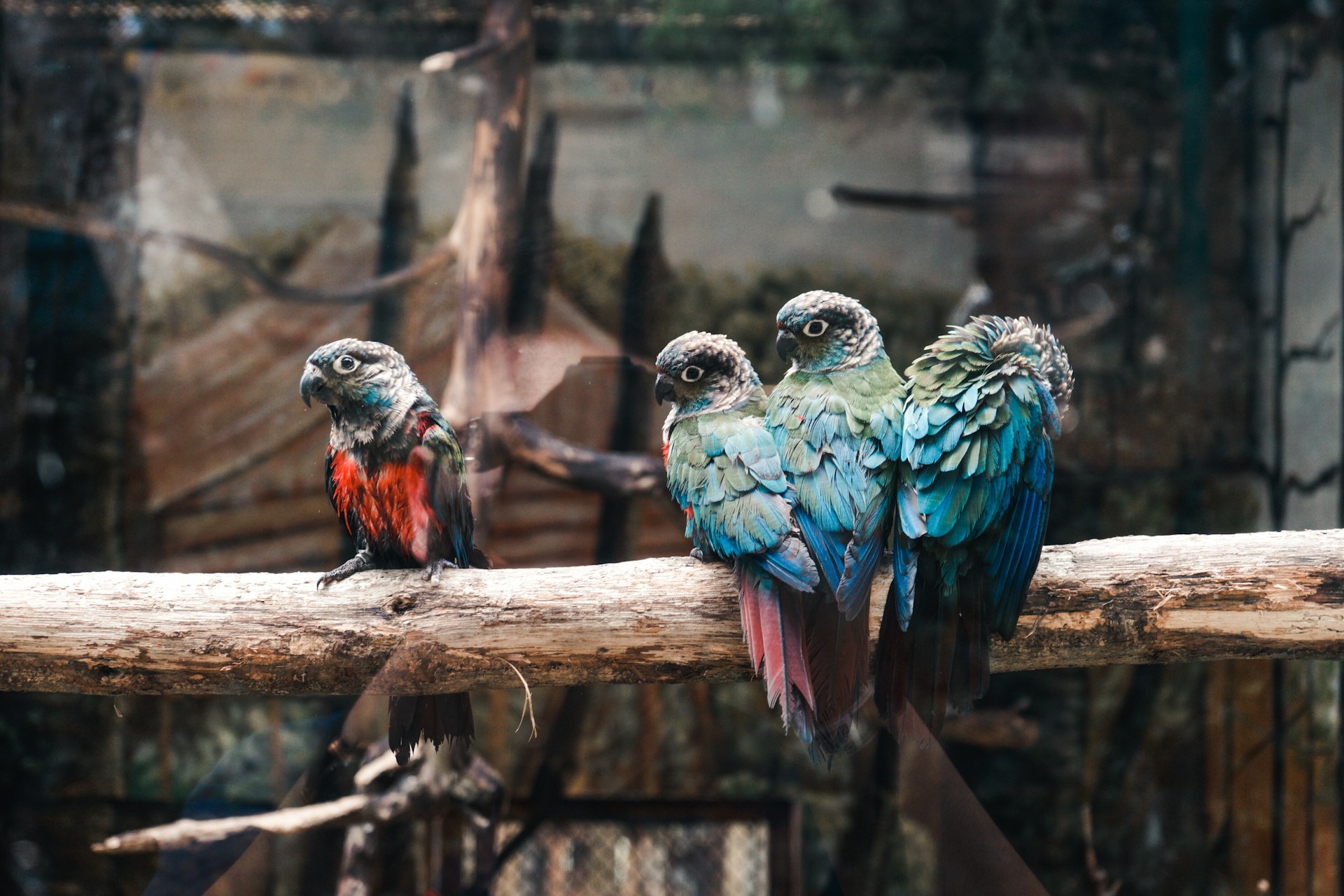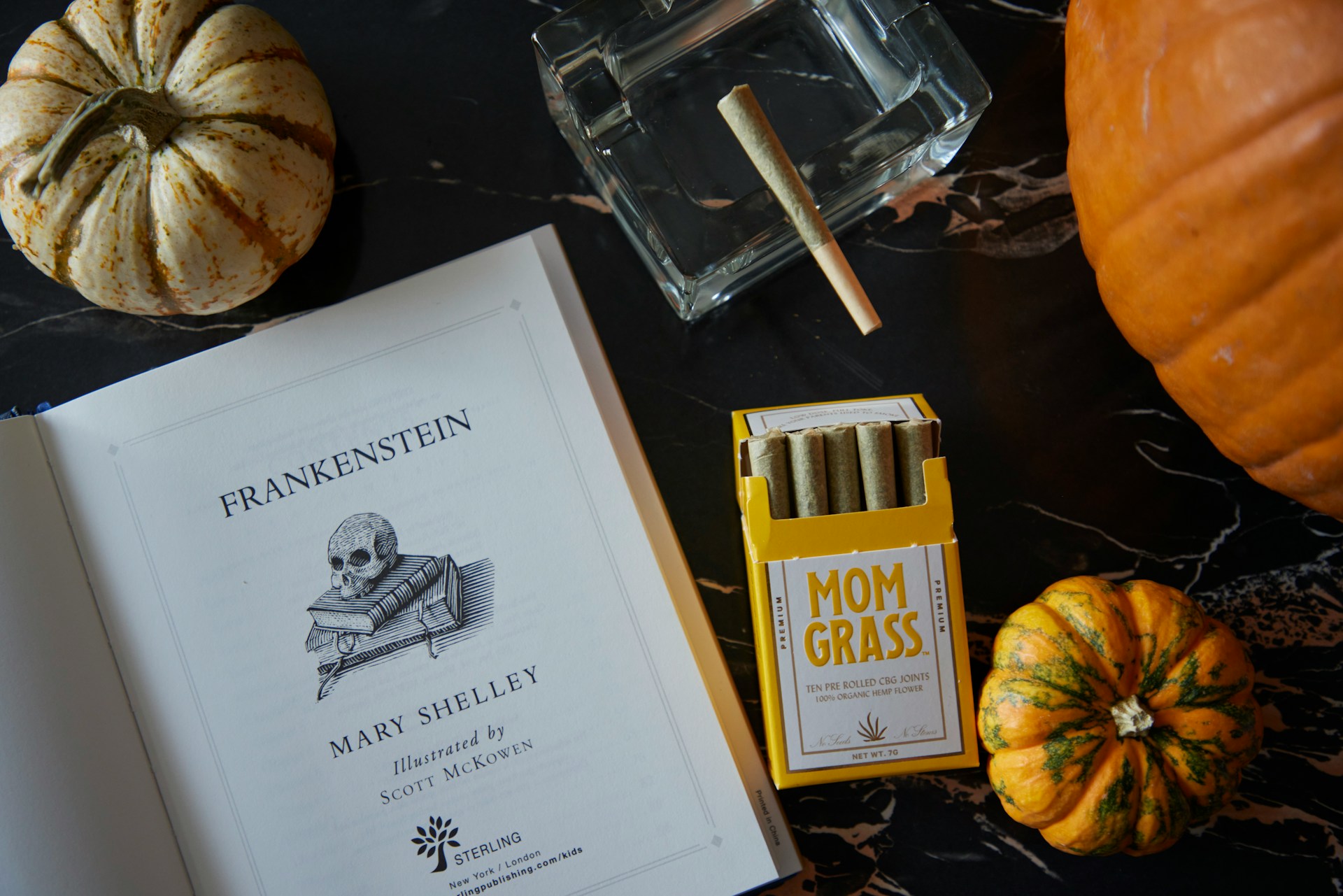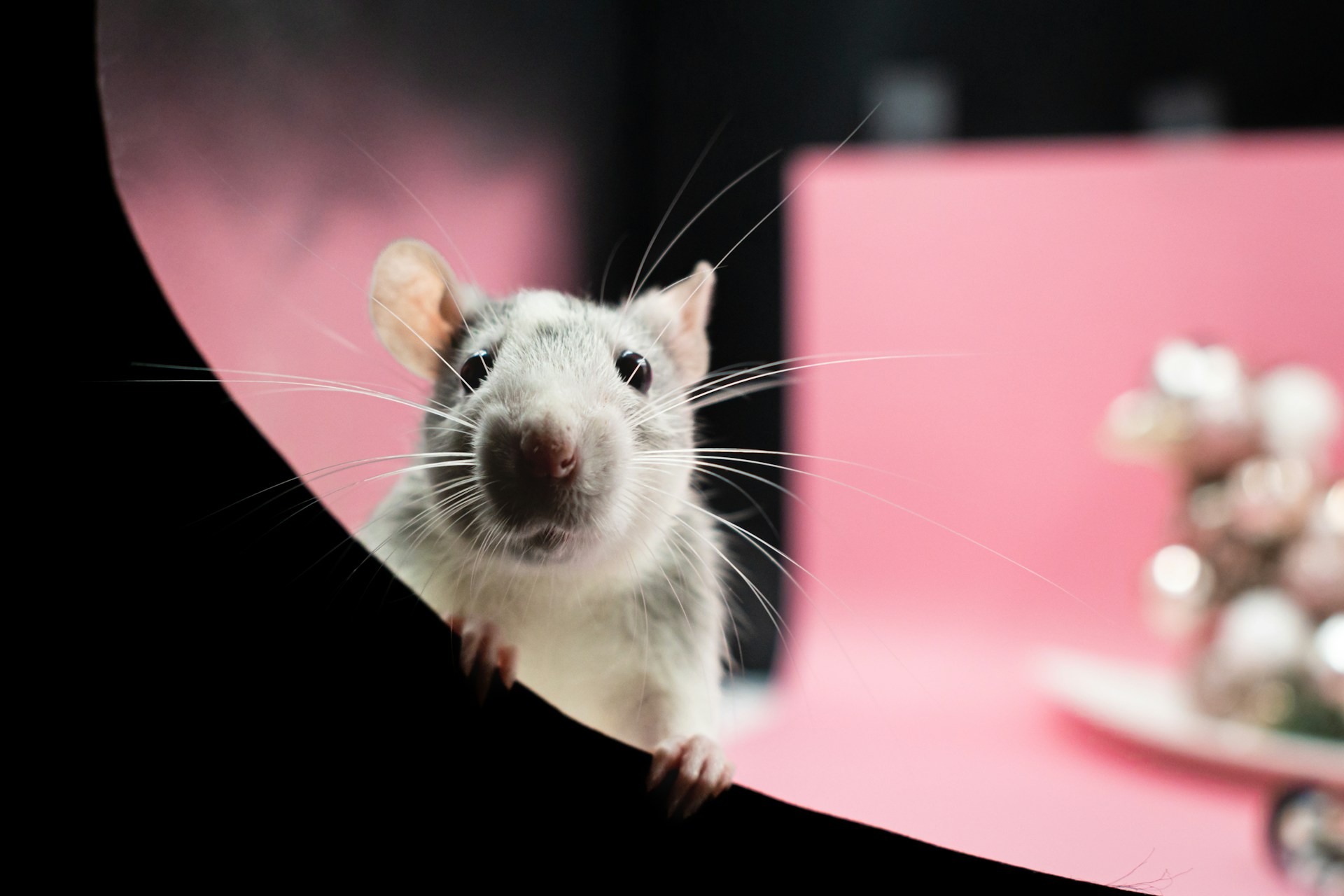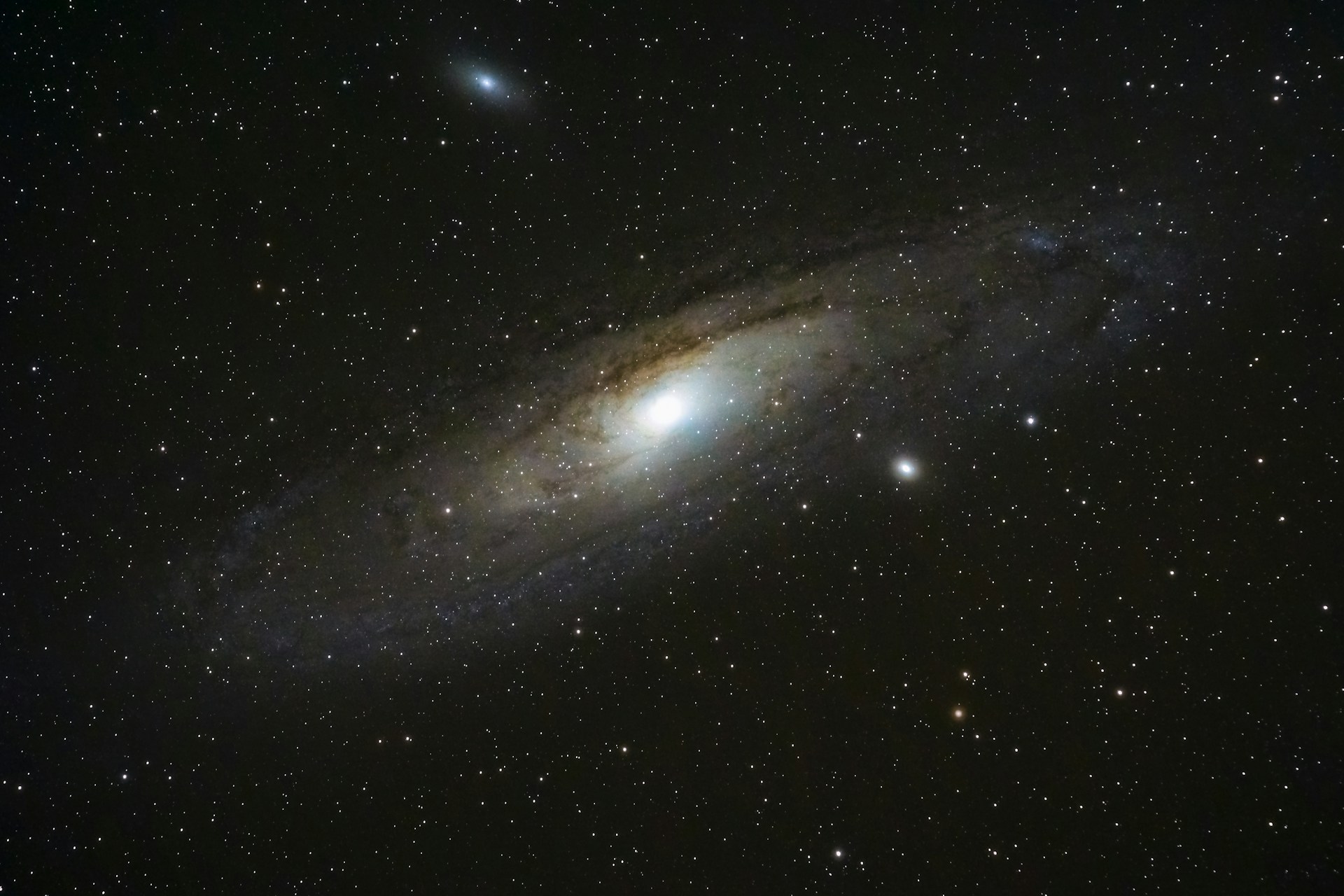Enjoy fun and insighful science reads over the summer. Image credit: Ben White, via Unsplash.
With the summer holidays impending, you might find yourself with an open reading schedule. Selected by The Oxford Scientist editors, here is your ultimate science read list. From delving into the mysteries of the galaxies to unravelling the complexities of our very own minds, these books promise to transport you on a scientific journey while you’re sunbathing, nestled in your favourite armchair, or on a long-haul flight. And if you only have a minute, you can indulge in exciting articles from The Oxford Scientist writers instead.

1. Start your summer holidays by exploring new realms. A brand-new book The Light Ages: A Medieval Journey of Discovery by Seb Falk provides you with a journey back in time discussing often overlooked scientific discoveries of the Middle Ages. It’s a perfect blend of storytelling and education, suitable for both science and history enthusiasts. And if you still want to dig a little deeper, read an exciting article by Ilke Boran about the secrets of fossils.

2. If the exams left you unwilling to indulge in any more science, discover fiction. Deep dive into interstellar political dramas with Dune: The Duke of Caladan by Brian Herbert and Kevin J. Anderson. Perfect for fans of the original Dune series, or for new readers looking for an engaging story. If bridging reality and science fiction is what you like, indulge in this exciting read by Tanmayee Deshprabhu describing how 6G will look!

3. Think about the future with The New Climate War: Winning the Fight for Life on Earth by Michael E. Mann. The book provides a powerful discourse on the escalating challenges of climate change suggesting practical solutions to the crisis. Read more about the unexpected and intricate links between ecosystems and pandemics in Kunal Patel’s article.

4. Dig your teeth a bit deeper into climate justice with It’s Not That Radical: Climate Action to Transform Our World by Mikaela Loach. This book is hot off the press and is packed with important and powerful information. Do not forget to check out an article about geoengineering for climate change by Simon Driscoll.

5. For your holidays, choose space travel. Starstruck: A Memoir of Astrophysics and Finding Light in the Dark by Sarafina El-Badry Nance is a wonderful and inspiring memoir, interweaving science with a personal story of perseverance. You can read more about space exploration in an article by Elizabeth Tatham where she interviews astrophysicist Dr Rebecca Smethurst.

6. Become inspired by The Man from the Future: The Visionary Life of John Von Neumann by Ananyo Bhattacharya. If one biography does not quite satisfy you, enjoy multiple! Read about scientists behind historical paradigm shifts by Alice Evans.

7. Delve into a bit of everything. The Weirdest People in the World: How the West Became Psychologically Peculiar and Particularly Prosperous by Joseph Henrich showcases the influence of Western culture on the world, blending anthropology, psychology, history, and economics. If you are after a short read instead, here is an article about WEIRD by Bessie O’Dell.

8. The Patriarchs: The Origins of Inequality by Angela Saini is a must-read for anyone interested in the roots of patriarchy. Covering everything from archaeology and anthropology to philosophy and politics, this book will be sure to leave its mark on you this summer. Explore the topic more in the article about intersectionality in STEM by Taylah Andrews-Clark.

9. A bit of consciousness? Other Minds: The Octopus, the Sea, and the Deep Origins of Consciousness by Peter Godfrey-Smith combines philosophy, science, and natural history. It helps you embark on a fascinating exploration of the octopus—a creature seemingly so alien yet close to us in evolutionary terms. If you feel ready to move from octopuses to humans, think about what consciousness really means with the help of the article by Gideon Bernstein.

10. The summer is a good time to start something new. Biotech Startup School: From Idea to Company by Mark J. Ahn is a practical guide for scientists who are interested in starting their own venture. Ahn uses his industry knowledge to provide a roadmap for turning scientific breakthroughs into viable businesses. A good way to start is by familiarising yourself with the booming markets of FemTech discussed in the recent article by Sophie Gray.

11. Think about the future some more. Life 3.0 by Max Tegmark helps us think about AI and the human condition, raising essential questions of our time. Deep dive into a compelling analysis of the power of AI. If Life 3.0 is not enough, read how AI already impacts multiple aspects of your everyday life in an article by Ester Paolocci.

12. Enjoy insightful storytelling from Bonnie Garmus with her Lessons in Chemistry. An illuminating tale of a female scientist in the 1960s might help you see how to change anything and everything in the world. Read about a different but equally inspiring chemist Rosalyn Yalow in an article by Eleanor Garrigan Mattar.

13. Ponder the future of humanity with Andy Weir’s Project Hail Mary. This insightful and fun book will help you explore astronomy. The perfect book for those who love a lot of science in their science fiction. Explore space further with the help of Daisy Makin’s article about ESA’s solar orbiter.

14. Read about the healing power of viruses in The Good Virus by Tom Ireland. Faced with the threat of antibiotic resistance, we need phages now more than ever. Explore the history and the fascinating world of viruses with the help of this summer read. If you would rather read something shorter but equally exciting, check out an article by Sahani de Silva about antibiotics, resistance, and beyond.

15. Come back to Oxford again. In The Mould in Dr. Florey’s Coat! by Eric Lax the author invites you to discover penicillin again. It tells an engaging story of how the scientist in Oxford contributed to the creation of antibiotics as we know them today, despite receiving little credit for it. Bonus: after reading this, you will not see the streets of Oxford in the same light! And if you still have time before you embark on your holiday, see a new glass sculpture for Oxford’s COVID vaccine described in a recent article by Elvira Miceli.
Happy summer reading!
Image credits: Krisztina Papp, Wolfgang Hasselmann, Augustin Lautauro, Karsten Wurth, NASA, Dan Cristian Paduret, Jose Martin Ramirez Carrasco, Vonecia Carswell, Isabel Galvez, Robynne Hu, Vedrana Filipovic, Niketh Vellanki, NCI, and Liv Cashman via Unsplash.

